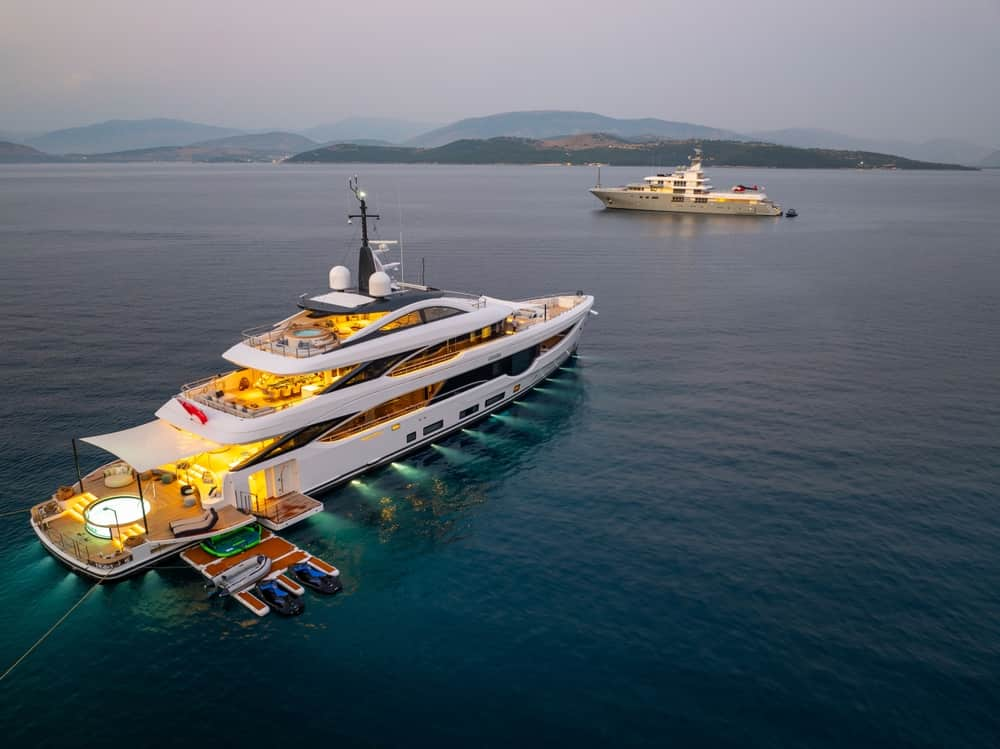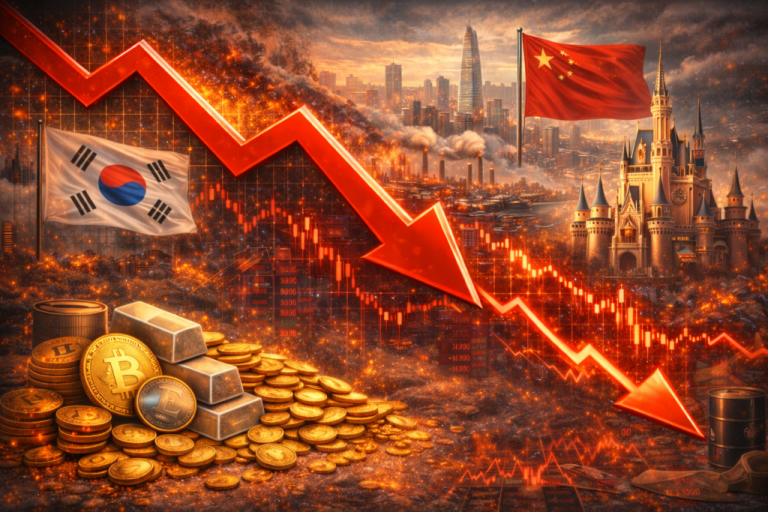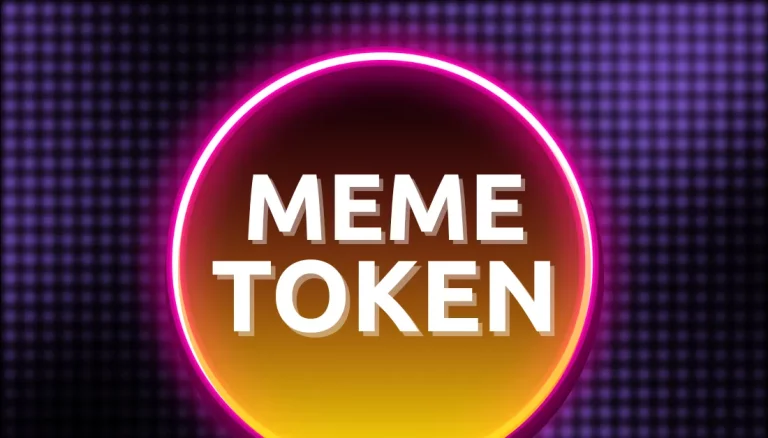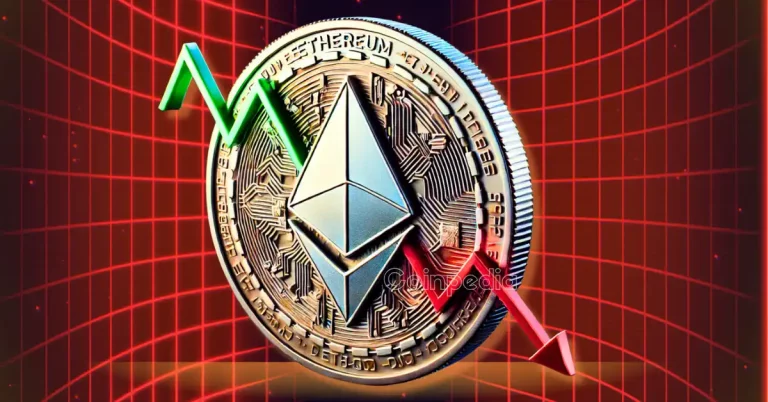
The global disparity in wealth continues to grow at an unprecedented rate, with new data revealing that the wealthiest 1% of households are pulling further ahead. According to research from Goldman Sachs Global Investment Research, the top 1% recorded a remarkable year-over-year wealth growth of 4.6%, outpacing all other groups.
The Numbers Behind the Wealth Surge
While the bottom 50% of earners also experienced growth at 4.2%, the middle tiers saw more modest gains of 3.1% to 3.6%. The data illustrates how the richest households have effectively widened their financial lead, consolidating their control over global assets.
These findings come shortly after a June 2025 report from Oxfam, which highlighted that the world’s richest 1% have amassed over $33.9 trillion in wealth since 2015. Alarmingly, this accumulation alone could end global poverty 22 times over, based on the World Bank’s poverty line of $8.30 per day.
The Global Impact of Wealth Inequality
Oxfam’s report also notes that just 3,000 billionaires now hold over $6.5 trillion in wealth, equivalent to 14.6% of global GDP. This has intensified calls to address growing disparities worldwide. Shockingly, 43% of total global assets are now controlled by the wealthiest 1%, a concentration that experts warn is “choking efforts to end poverty.”
Despite ambitious global development goals, including a pledge to eradicate poverty by 2030, nearly 3.7 billion people remain impoverished. Wealth concentration, coupled with decreasing international aid and increasing debt repayment burdens for low-income nations, has hampered progress on healthcare, education, and social equity.
The Path Forward: Wealth Taxes and System Reforms
Experts and advocacy groups are urging governments to adopt more equitable financial strategies. Proposals include enacting wealth taxes, reversing aid cuts, and reforming financial systems to drive sustainable economic development. Amitabh Behar, Executive Director of Oxfam International, stated, “Rich countries have put Wall Street in the driver’s seat of global development… This much wealth concentration is choking efforts to end poverty.”
Investments for a Balanced Future
While wealth disparities deepen, there are platforms for individuals seeking financial growth. For instance, platforms like eToro allow both beginners and intermediate traders to invest in stocks, cryptocurrencies, and other assets with low entry barriers. Tools like fractional investing and real-time copy trading provide opportunities for everyday investors to build wealth responsibly.
The global conversation on wealth inequality is only beginning, and 2025 marks a critical year for future economic reforms. Stakeholders across the board—from policymakers to individual investors—must focus on more equitable financial systems to ensure sustainable growth for all.


